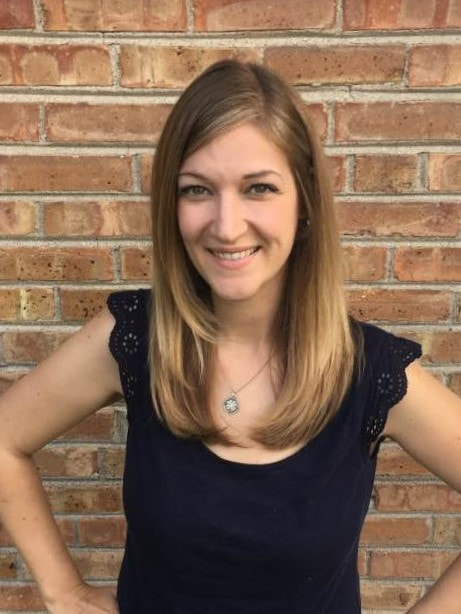|
This article was first published on The Mighty on April 10th, 2017. Most of the links on this post are informational, but a few are affiliate links to help maintain this website. If you were to ask me, "What's been your worst symptom of Lyme disease?" I would tell you it's not the pain, or the fatigue, or the brain fog, it's the unrelenting health anxiety. With the other symptoms, I can trust myself and take the appropriate steps to feel better. When it comes to health anxiety, it takes over my mind and I succumb to downward spiral thinking that often ends up with a trip to the emergency room. According to the DSM-5, "health-related anxiety is a non-pathological response to a serious illness." In other words, when you're sick it's perfectly normal to be anxious about your health. It's good to be aware and alert, but when not kept in check, health anxiety takes over and becomes counterproductive to healing (and then I become anxious about how the anxiety is impacting my health and the cycle continues). People rarely die from Lyme disease; however, it does happen, which causes me to be hyper-vigilant. When a previous symptom returns, I don't worry, but with Lyme disease, new and worsening symptoms are frequent and change with every adjustment in medication. Each time a new symptom crops up (like a sharp pain in a new location or fluttering in my heart), a new wave of anxiety rushes over me. I'm afraid to take new medications and supplements, because I never know what new symptoms will be unearthed. I've also developed extreme body awareness, so I feel every single skipped beat and see every new mark, lump or bump. I'm not alone in this. Many people with chronic illness experience frequent health scares. The difference between this and other symptoms is it's rarely talked about. Personally, I'm afraid to look irrational, or seem like a hypochondriac, so I keep it to myself. This creates more anxiety, because I worry if there is something wrong with me, and criticize myself for not being stronger. If more people talked about it, we could build more support within the community. If doctors and hospital staff were more aware of how health anxiety manifests in chronic illness patients, they could do a better job of being sensitive and help navigate possible solutions. They could be compassionate to the fact that with each new prescription or invasive procedure comes a host new of worries, and have open conversations about the risks. Too often, I get told "not to worry," which is easier said than done. However, I must give credit to the doctors who have gotten to know me and consider "peace of mind" a reason to run a test, and try not to overload me with medication and supplements. After about year of feeling stuck, I started searching for answers. I learned about Mindfulness Based Stress Reduction (MBSR). MBSR uses mindfulness techniques and body awareness to reduce negative thinking. Mindfulness breaks the cycle of ruminating on the past and the future. It's an excellent treatment for health anxiety in chronic illness patients, because it is designed to help both adaptive and maladaptive stress. I found a course at a local hospital and signed up. In my class I learned about meditation as a way to quiet the "monkey mind," the uncontrollable thoughts that bombard us throughout the day; and I trained myself to think with a "wise mind," a balance between the emotional mind and the rational mind. I learned to trust my gut instincts, but to temper my emotional response with a rational problem solving approach. This mantra from The Last Best Cure by Donna Jackson Nakazawa has been a big help when I start to feel the panic set in: "These symptoms are present now, but they will go away again. And, if they don't go away on their own, I can take action, call the appropriate doctor, go in for tests if need be—and yet still remain free in my mind to find beauty and joy and quiet as I do so." While my health anxiety is far from gone, it has improved with mindfulness meditation and positive self-talk. It's become less about hoping I will never have a new symptom to learning how to cope when a one shows up. My wise mind is becoming more reliable, and my monkey mind is finally taking a much needed break. "Our doubts are traitors and make us lose the good we might often win, by fearing to attempt." - Jane Addams
0 Comments
Leave a Reply. |
WelcomeI'm Kerry (She/Her/Hers) and I am a licensed therapist, group facilitator, poet, writer, & speaker. This is a place to acknowledge and validate our suffering and trauma, while also learning how to turn toward aliveness and spaciousness. Categories
All
Archives
April 2024
|
|
Copyright © 2024 Kerry J Heckman All rights reserved. Disclaimer.
|
|


 RSS Feed
RSS Feed